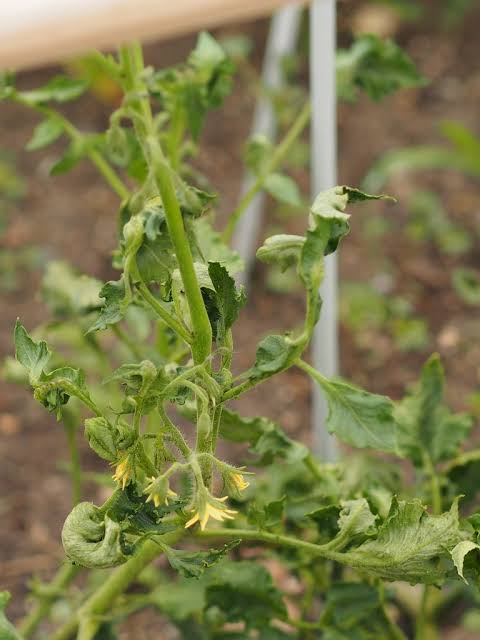
Newcastle disease is the major cause of death among local chicken killing about 90 per cent of the affected birds.
According to the Kenya Agricultural and Livestock Research Organization (KALRO) Newcastle Disease is a major constraint to indigenous chicken productivity in Kenya and often causes 80 per cent to 100 per cent mortality in unvaccinated flocks.
Related article: Newcastle resistant chicken breed, which also produces more eggs now in the market
Research by KALRO acknowledges that vaccination should be done under controlled conditions, which are easy to learn and apply. Heat kills the virus, so vaccines should be kept in a cold place at 4°c (maximum period: I month), or at -20°C in a freezer (up to two years). A vaccinated chicken will not contract Newcastle disease for six months.
Related article:Farmers play extension officers, halving Newcastle disease and earning from it
Chickens suffering from Newcastle disease show nervous signs, diarrhoea and die in large numbers. The disease is spread by sick birds usually brought in from the market or by other birds from the neighborhood. Visitors, dogs and wild birds can also spread the disease.
Farmers can get vaccines from a chemist's shop or a veterinary office. There are various types of vaccines which include I-2 ND Vaccine which is available in chemist's shops or veterinary offices.
Chicks should be vaccinated one month after hatching. Adult birds need to be vaccinated every 6 months or 2 weeks before an expected outbreak. It is advisable to vaccinate in the evening when birds are easy to catch and only healthy birds should be given doses. Sick birds should not be vaccinated.
Requirements
- Vaccine
- 5 ml plastic syringes
- Disposable needles
- 10 Cc sterile distilled water for every 100 doses
- Plastic cool flask
Vaccine dilution
- Draw 4 cc of sterile water into the syringe.
- Lift the metal cap off the vaccine bottle.
- Pierce through the center of the rubber top.
- Do not apply pressure because the vacuum in the bottle might suck in the water.
- If there is no suction your needle might be blocked, or air has leaked into your vaccine bottle
- If air has leaked into the vaccine bottle do not use it.
- Mix water and vaccine by shaking.
- Tear off the metal cap, remove rubber top.
- Draw all vaccine into the syringe.
- Put the mixture into the 6 cc distilled water.
- Mix vaccine by shaking.
- By now you have 10 cc vaccines ready for use.
- Store in ice and use Within 2 hours.
How to administer the vaccine
- Fill syringe with 1 cc (1 ml) of the vaccine at a time.
- Hold the syringe between your first and second fingers.
- With your other hand secure the chicken under your arm-pit
- Secure the head and administer a drop in each nostril or eye
- Place the chicken away from the rest.
- Birds of all ages receive the same amount of vaccine.
- At the end of vaccination, count the chickens to make sure you have vaccinated all of them. • If you face any difficulty, consult your local veterinary office.